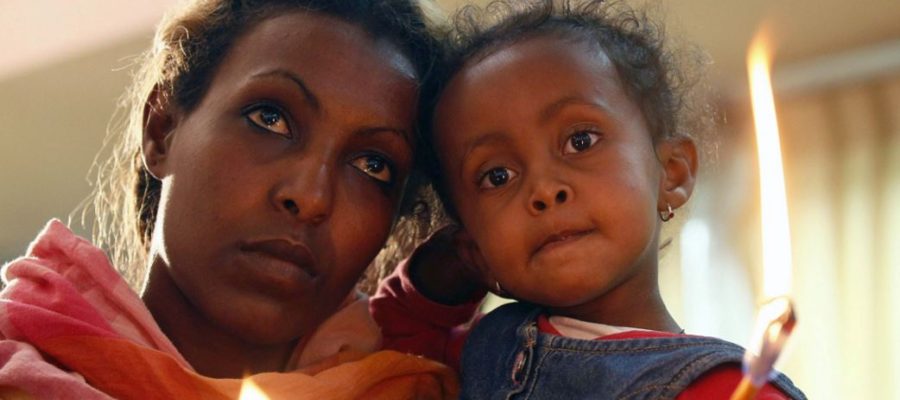US foreign policy in Somalia is targeted at strengthening the development Somali governmental, this policy was effected 30years after a chaotic long reign of insurgency in Africa nations. The US is interested in supporting the Somali legislatures to gain back the prestige of their motherland. This arrangement is focussed on building the financial structure, and health system of Somali nation, so as to ensure the proper wellness of every citizen.
Why is America interested in this African nation? The reason is simple, the US nation have a great concern for African nations especially ones under insurgency attack, in order to eradicate the problem of global economic degradation. However, due to the legality and standard of the Somali government, a standard that consent to the fight against terrorism and violence. Consequently, these aids were provided as an incentive that will support the agenda of eradicating terrorism and poverty in Somali, and equally to promote the healthcare system and economic diversification.
Somali taught the world a great lesson after during the outbreak of crisis and chaos in their nation, and this was the same incident that geared to their freedom. The full sovereignty of the nation was restored. At the course of this war, the United Nation together with the United State discharged some military crew as an intervention team to eliminate the crisis, and this event took place during Clinton’s regime. The rescue process produced a huge impact in the Africa land, as described by Mark Bowden and Ridley in a book “Black Hawk Down” , and was also featured as a memorial in the movie.
Sherman gave the tag “Africa defies generalization” to describe the strangeness of this foreign policy which was sponsored by the U.S. he further stressed that African nations illustrate the distinction between a wealthy and developed citizen to the destitute, impecunious, dejected poor nations, that has not yet seen the light development, But then, the American policy action in Africa acknowledges these differences. Somali is perceived as an indigent nation, a country that is only struggling for growth, but this not completely true, even though other nation might perceive them this way.
Somalia is somewhat regarded all over the world as a nation threaten by the Somali Pirates and physically handicapped by the Al Shabaab’s insurgency group. For instance,” captain Philips” who featured as Tom Hanks in a well known Sony picture movie, showed a Somali pirate forcefully taking over a U.S merchant watercraft.
Has the US foreign policy in Somali made any change yet? America has greatly empowered the Somali nation to a degree where the “wind of fear” has clouded the citizen decision makers and news broadcasters, thereby hyping the curiosity of the nation.
Mogadishu, the Somalia capital state that was besieged by the Shabaab’s group became rescued in 2011 by the African Union and government forces. This liberation process ushered in President Hassan Sheikh Mohamoud as their new democratic leader. The Hassan administration was given financial aids and manpower to ensure the citizens enjoys safety, civic rights, and entitled to own assets.
The U.S. State department reported that the transfer of funds to enforce the economic development of the sub-Sahara Africa was approved due to the US governmental agenda towards Africa, although Somalis are yet to enjoy the privileges associated with this policy because volatility and chaos have not completely left their nation. However, the African Women’s Entrepreneurship Program (AWEP) is one of these benefits, right now, the country is fighting to curb the severity of the insurgency situation.
Overcoming this insurgency group in Somali may not be very easy. About 4,000 troops were deployed by the UN Security Council to the African Union Mission in Somali (AMISOM), unfortunately, the number of troops that joined up helped the AMISOM together with the Somali National military personals to facilitate violence and not guarding over the operation. U.S. sponsorship of AMISOM seeks to influence growth in African localities and to promote peace rather than insurgencies.
U.S. president Barack Obama mentioned in his 2015 address that Africans have been energized to rise through the aids provided to them by the United States. In this regard, over $170 US dollars was remitted by the US State Department to recruit and build people in the Somali force. Some US military was equally sent to train them on how to defend the nation against the Shabaab.
The Somali governmental structure started normalizing just after the initiation of the new foreign policy. As a matter of fact, some Somali citizens in the Diaspora and refugees returned back to their country and a lot of them are jumping into political positions.
A leadership training privilege, education, and network schemes were granted to them by the Obama’s Young African Leaders Initiative (YALI) whose motto is to secure the future of Africa by investing in the young people. The aid offered by the U.S. to public leaders helps strengthens the Somali government thereby influencing rapid growth and wiping out political tension arising from nearby communities.
Over two million US dollar was donated by international bodies to support the development agenda of this African nation (Somali) in rebuilding their economy. More so, the condition of poverty and lack of proper nutrition was tackled using the funds donated by the United State’s Feed the Future Initiative.
In addition, this contributions and pledges made by these bodies have helped to reconstruct the economy of the sub-Saharan African nation (Somali). The African Growth and Opportunity Act (AGOA) has established a Sub-Saharan trading platform in the U.S. this is totally a good change.
Despite all odds, a dramatic economic evolution has begun, this is a step toward implementing the US foreign policy made to Somalis citizens, this policy has equally reduced the insurgencies and hunger confronting this nation. This could be the wind of global change, and it has just started in Somali.

